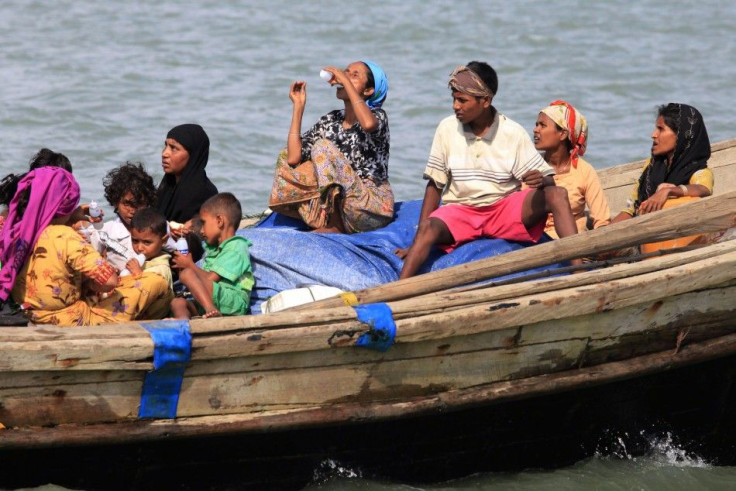Curfew Imposed In Central Myanmar After Riots Kill 10

A curfew was imposed for a second night Thursday on a central Myanmar town after violent clashes killed 10 people, including a Buddhist monk, authorities said.
Riots erupted in Meikhtila, 540 km (336 miles) north of Yangon, Wednesday after an argument between a Buddhist couple and the Muslim owners of a gold shop escalated into a riot involving hundreds of people, Reuters news agency reported citing police.
"We can't say the situation is under control. The police force is not strong enough to control the situation," Win Htein, a member of the opposition National League for Democracy (NLD) party, told Reuters. A government building was set on fire Thursday morning, he added.
At least one mosque, an Islamic religious school, several shops and a government office were set alight, a fire service official who declined to be named told Reuters.
Tensions have been simmering in Myanmar between Buddhists and Muslims since the outbreak of communal violence in June last year in western Rakhine state.
The violence subsided two weeks after the government declared a state of emergency June 10. At least 78 people were killed and thousands of homes belonging to both communities were torched, according to a report by Myanmar's National Human Rights Commission published July 11. Unofficial estimates of casualties exceeded 100, according to human rights groups.
In October, another wave of violence broke out in two districts in western Myanmar, leaving three people dead and destroying more than 400 houses, a monastery and a mosque.
The U.S. embassy in Myanmar expressed “deep concern” about reports of fresh sectarian conflict.
"We extend our deepest condolences to the families of those who lost their lives and property in the violence," Ambassador Derek Mitchell said in a statement, adding that the embassy was closely monitoring events, AFP news agency reported.
Buddhists comprise 89 percent of Myanmar's population while Muslims represent 4 percent. The Muslim minority consists of the Rohingya people and the descendants of Muslim immigrants from neighboring India, Bangladesh, China and early Arab and Persian settlers.
© Copyright IBTimes 2024. All rights reserved.






















